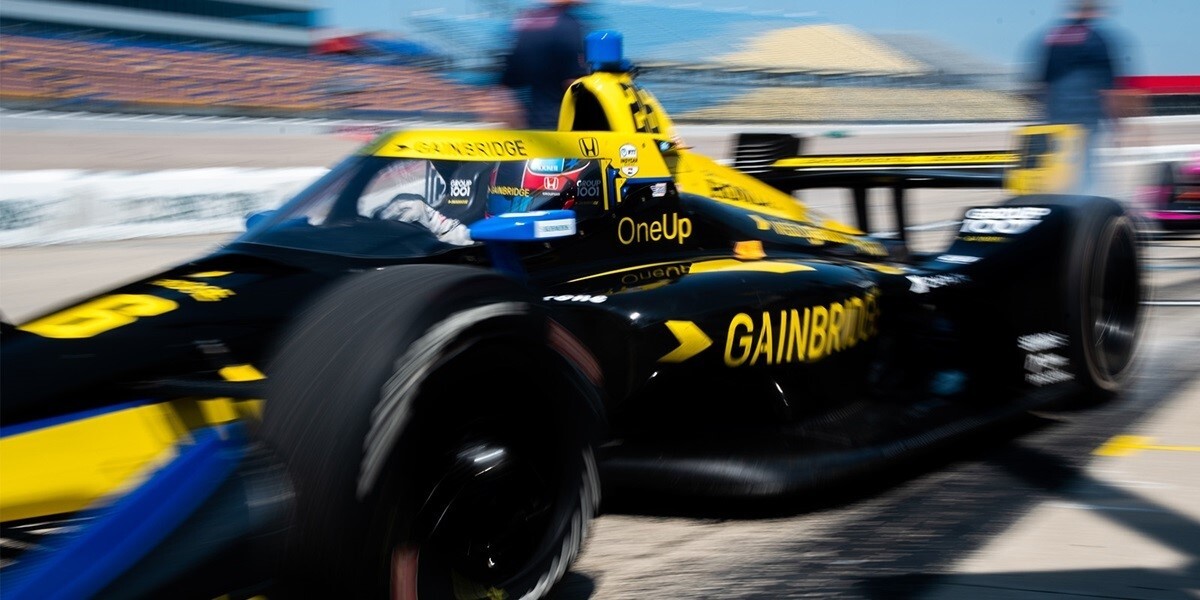您想继续阅读英文文章还
是切换到中文?
是切换到中文?

THINK ALUMINIUM THINK AL CIRCLE

IndyCar is considering replacing its traditional magnesium wheels with aluminium alternatives by 2026 or 2027, aiming to reduce costs and address supply challenges. Magnesium wheels, valued for their lightweight and rigidity, have been standard in high-performance racing, including IndyCar and Formula 1, since the 1990s. However, sourcing these wheels has become increasingly difficult due to limited vendor availability and the large quantities required for all IndyCar entries.
 Image Source: https://www.hyveeindycarweekend.com/
Image Source: https://www.hyveeindycarweekend.com/
O.Z. Racing and BBS are the primary suppliers of IndyCar wheels, with O.Z. being the more prominent provider. The scarcity of magnesium wheels has prompted IndyCar to explore aluminium as a more readily available and cost-effective alternative. Discussions are underway with teams and suppliers to develop aluminium wheels that match the dimensions and weight of the current magnesium ones, ensuring performance consistency.
Cost is a considerable factor in this potential transition. A set of magnesium wheels costs an IndyCar team approximately $6,600, with each wheel priced at $1,650. Teams typically start the season with 10 to 12 sets and purchase additional ones as needed due to wear or damage. In contrast, the proposed aluminium wheels are expected to cost around $750 per set, offering substantial savings.
While magnesium is the lightest structural metal, being 1.5 times less dense than aluminium and possessing high vibration damping capacity, its scarcity and higher cost are notable drawbacks. Aluminium wheels, though slightly heavier, are more abundant and affordable, making them a viable option for the series moving forward.
Responses








